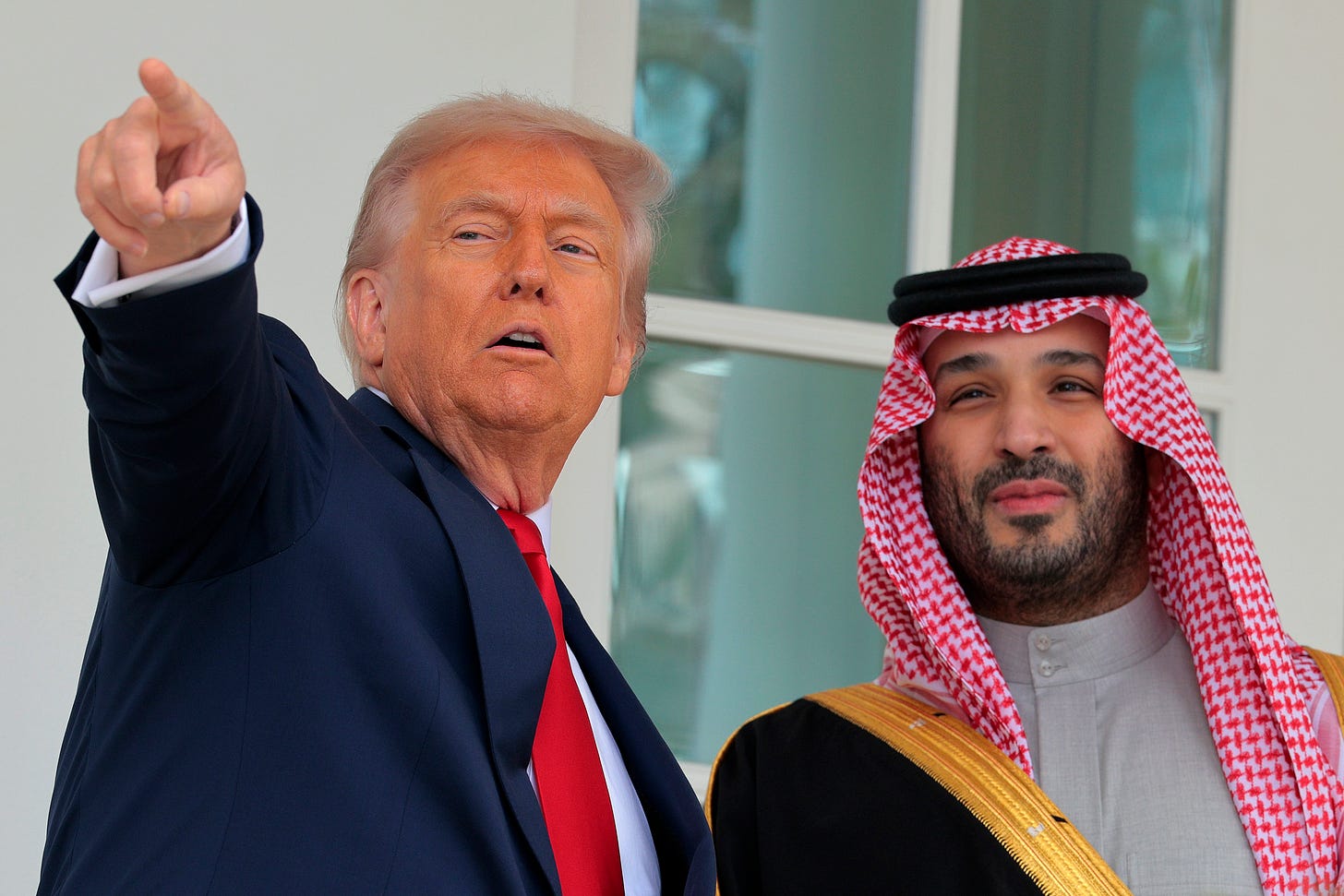The Shadow Sovereign: How Private Networks Eclipsed National Law
An in-depth analysis of the Epstein-Saudi files, arguing that modern elites have formed a ‘supra-national state’ that renders traditional justice obsolete.
The Diplomatic Immunity of Wealth
We often comfort ourselves with the illusion that justice is blind, that the rule of law is a net that catches all. However, the recent disclosures regarding Jeffrey Epstein’s intimate dealings with the Saudi hierarchy—specifically the meetings with and gifts from Crown Prince Mohammed bin Salman—shatter this comfort. What we are seeing is the operational map of a “Shadow Sovereign.” This is not a conspiracy theory; it is a conspiracy of practice. It is the banal reality that at a certain altitude of wealth and influence, the gravitational pull of national laws simply ceases to apply.
I want you to consider the timeline. In 2019, Epstein was already a pariah to the public, yet in the rarefied air of the global super-class, he was still an intermediary for the de facto ruler of Saudi Arabia. The gifts of carpets and tents were not just trinkets; they were symbols of feudal fealty and acceptance. The elite do not shun their own based on morality; they only shun them based on utility. As long as Epstein was useful—as a connector, a financier, a holder of secrets—he remained protected within the citadel.
Concept: The Higher Immorality
To understand this, we must look to the sociologist C. Wright Mills. Decades ago, he identified a structural rot at the heart of the power elite—a condition where institutional positions liberate individuals from ordinary moral restraints. This is not accidental; it is systemic.
The higher immorality is a systematic feature of the American elite; its general acceptance is an essential feature of the mass society.
– C. Wright Mills, ‘The Power Elite’
The Epstein-Saudi nexus is the perfection of this “higher immorality.” It bridges the gap between the democratic West and the autocratic East. We tend to think of these as opposing systems, but at the level of Epstein and MBS, these distinctions dissolve. There is only the fraternity of power. The true global citizenship belongs not to the refugee or the humanitarian, but to the predator with a private jet.
The Illusion of the Public Sphere
The danger here is existential. When private networks of influence supersede public channels of diplomacy, democracy becomes a theater piece. We vote, we debate, and we pass laws, but the real decisions—the flow of capital, the forgiveness of debts, the overlooking of atrocities—happen in Manhattan townhouses and Riyadh palaces. This renders the citizen obsolete. We are observers of a game we are not permitted to play.
Politics is the art of preventing people from taking part in affairs which properly concern them.
– Paul Valéry
Valéry’s cynical observation has become our literal reality. The secrecy surrounding Epstein’s Saudi ties until now proves that the machinery of state often works to protect these private networks rather than expose them. The state becomes a shield for the very elites plundering it.
Practical Application: Piercing the Veil
How do we, as citizens, navigate this? First, we must reject the narrative of the “bad apple.” Epstein was not an anomaly; he was a node in a network. When you see news of high-level corruption, stop looking for the individual villain and start looking for the systemic permissiveness that enabled them. Ask: Who else was in the room? Who signed the flight logs? Who accepted the silence?
We must demand a new kind of transparency that goes beyond financial disclosures. We need “Network Transparency”—a mapping of the social and informal obligations that bind our leaders to foreign powers. Until we see the web, we cannot dismantle the trap.
Key Takeaways
The Supra-National State: A global class exists that operates above the laws of any single nation, binding democratic and autocratic elites together.
Moral immunity: For the power elite, utility outweighs morality; crimes are overlooked as long as the individual remains useful to the network.
The Failure of Sovereignty: Traditional national sovereignty is being eroded by these private, transnational alliances of capital and influence.
Systemic Awareness: We must move beyond blaming individuals and recognize the structural architecture that protects the powerful.



